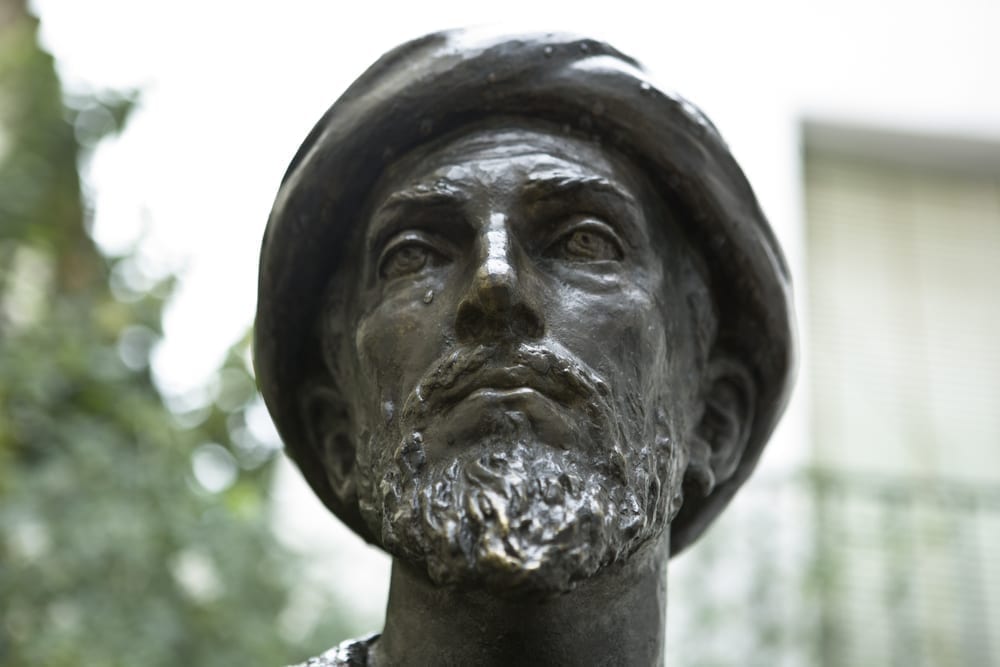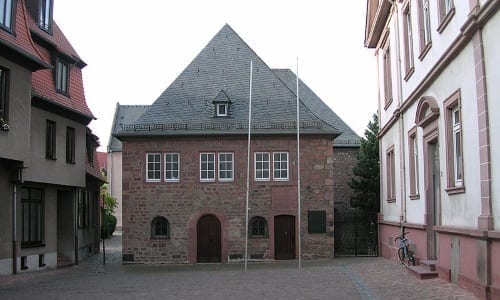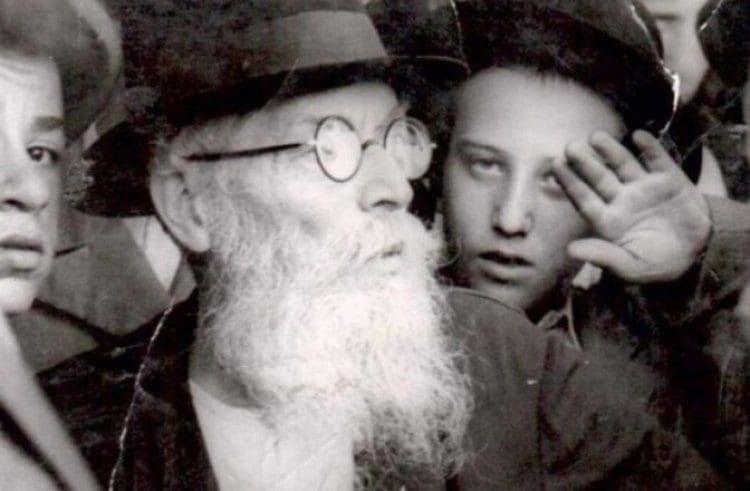At the age of a year and a half, I fell from the window of a second floor. An ambulance took me to the hospital, where, according to what my parents later told me, I was in a coma for over a week. Finally, the doctors took my parents aside and told them that now only prayers could help. It was not clear whether I would remain alive, and even if I did, no one could know the level of brain damage I would suffer for the rest of my life.
My grandmother, Rebbetzin Miriam Abuchatzeira, the wife of Rabbi Yitzchak Abuchatzeira (known popularly as Baba Khaki) told my weeping mother that the merit of our fathers would save us. She traveled to Netivot, to the home of her brother-in-law, the famous brother of her late husband, Rabbi Israel Abuchatzeira (who was known as the Baba Sali) to ask him to pray for me.
Baba Sali took a bowl of water and recited a long blessing over it. He asked my grandmother, his sister-in-law, to rub me with the water while I lay in the hospital bed. When my grandmother came to the hospital with the water, the doctors did not know what she wanted, and started asking questions. But she pushed them off and went straight to my bed, and began to rub the water on my thin body.
What happened afterwards may sound bizarre, but everyone around me swore that it really occurred: at that moment, I got up and started running down the corridor of the ward. A few weeks later, my parents took me to the Baba Sali in Netivot, to thank him for the miracle that happened to me in his merit. He sat me on his lap and blessed me. A few months later, he passed away, and although I do not remember anything of these events, I still feel that his blessing watches over me.
On 4 Shevat 5744-1984, the Baba Sali passed away. He was one of the most important and influential personalities in the history of the Jewish people. Every year, tens of thousands of people visit his grave to celebrate the memory of one of the greatest rabbis and kabbalists of Moroccan Jewry in particular, and the State of Israel in general.
Dozens of books have been written about him since his death. Hundreds and perhaps thousands of miracle stories are related about him. Today, when cynicism surrounds us and faith in righteous individuals is diminishing, many people believe these stories are just fairy tales. People conjecture that maybe it was the rabbi’s power of mind that caused the miracle, instead of his blessing. But for the many that the Rabbi saved, and the masses that he blessed, it is unequivocal that the Baba Sali was a righteous, pure and honest man who wanted only one thing — to sanctify G-d's name in public, and exalt the Torah in public.
Politicians come to Netivot to the death anniversary celebrations to try and round up votes for their election. They will relate to the celebration as a great opportunity for election propaganda, and will talk about the righteous rabbi that most of them never met. But it would be wrong if this is how we talk about this tzadik. The Baba Sali never sought the politicians, and never pursued the businessmen. He wanted nothing but the study of Torah. And particularly today, when there are so many kinds of people who present themselves as rabbis and kabbalists, we have to appreciate and cherish the image he projected even more.
From the Baba Sali we need to particularly learn to which rabbis not to go to seek a blessing. Because our family taught us that true tzadikim don’t act the way that they do.
Do not go to rabbis who first receive businessmen and heavy donors, and forget the simple Jew.
Do not go to rabbis who have themselves photographed and appear in the gossip and business columns.
Do not go to rabbis who determine in advance the amount of money you have to pay to get a blessing.
Do not go to rabbis who are busy all day with receiving people and fundraising, but don’t do the most basic thing that a rabbi should do: study Torah.
Do not go to rabbis who are not careful about what their eyes look at.
Do not go to rabbis who flaunt their wealth.
Do not go to rabbis who intimidate and curse, because this is not the Torah way.
But you should go to rabbis whose faces radiant holiness. And if you do not know what I mean, I guess that you have not yet met the right rabbi. Ask a blessing from a rabbi, or get his advice. But do not allow a rabbi to determine how you should conduct yourself, beyond what is stated in the Code of Jewish Law, to tell you how to live and every detail of what to do. This is not a rabbi, but a cult leader.
Baba Sali was different from most rabbis that we hear about today in the media. Therefore, tens of thousands of people in Israel and around the world mourn his passing until today, and revere his memory. Particularly today, when scores of bearded men present themselves as “kabbalists” and “miracle-workers”, while they are nothing but charlatans that sow hatred and fear — keep in mind that a rav is supposed to draw one close, to love, to bless and protect us.
May Baba Sali's merits continue to stand for us and may he continue to pray for us up above.





